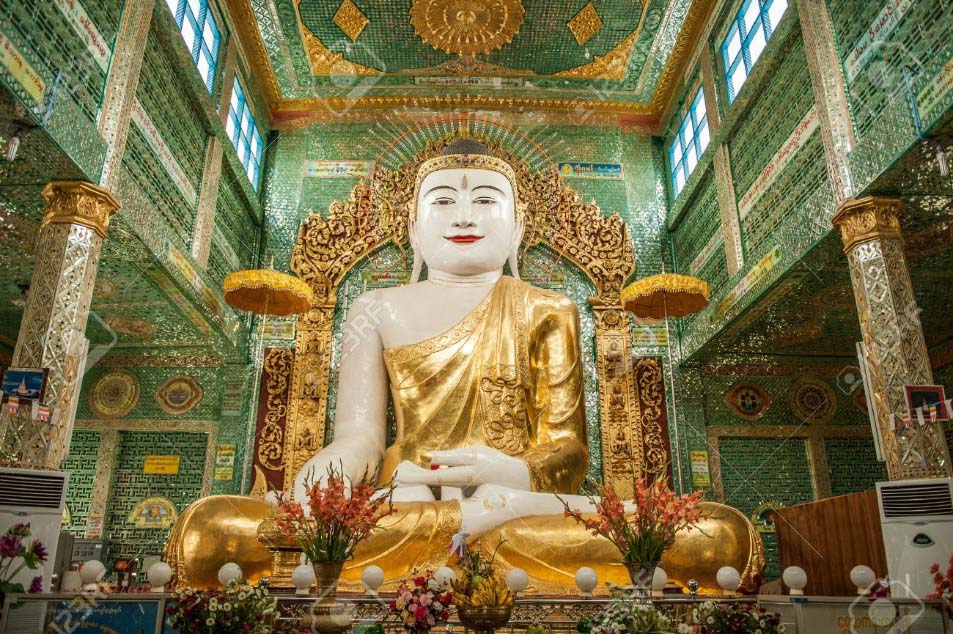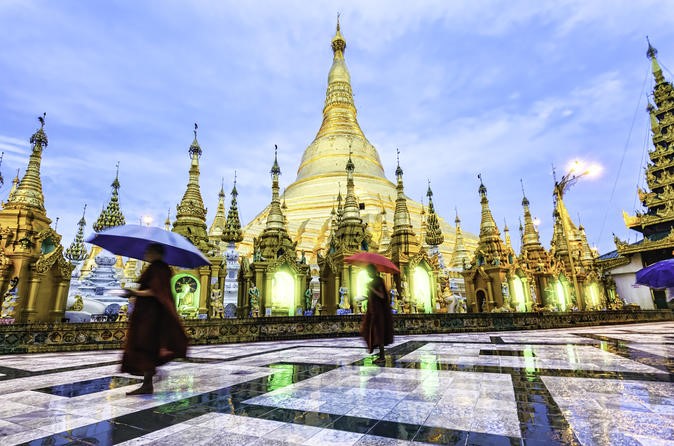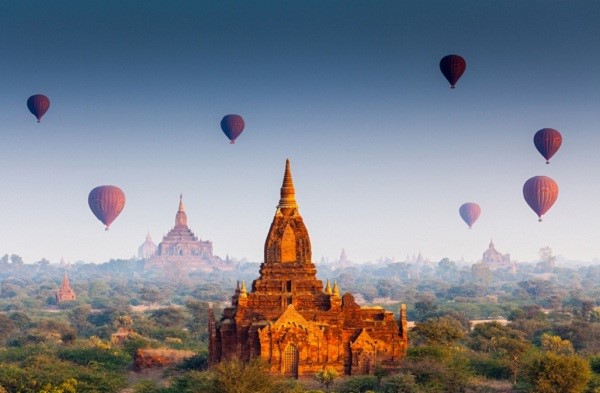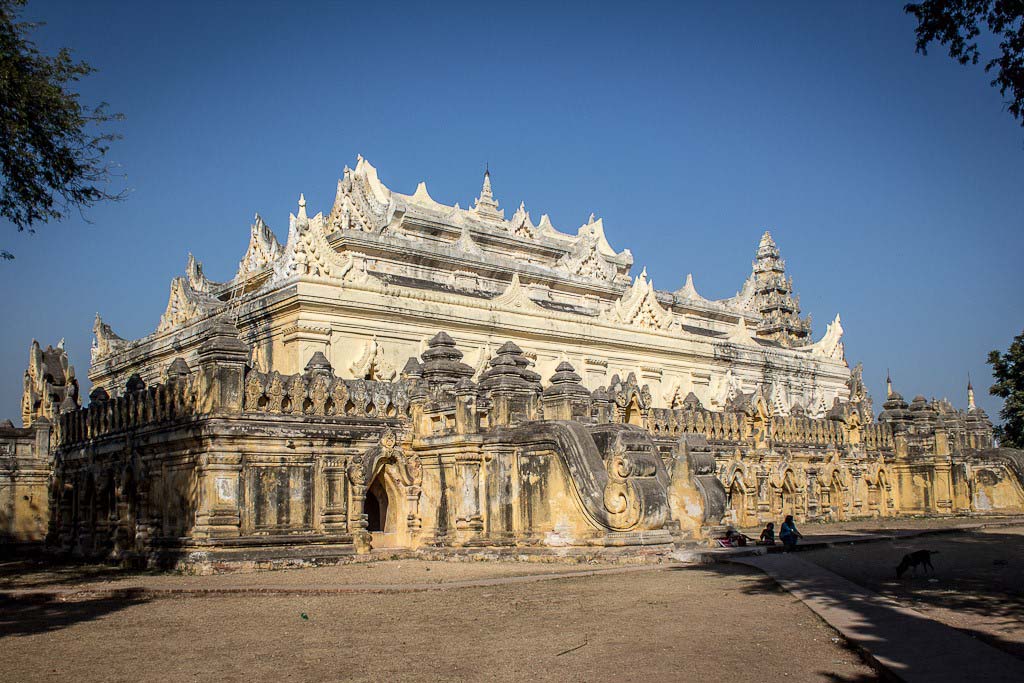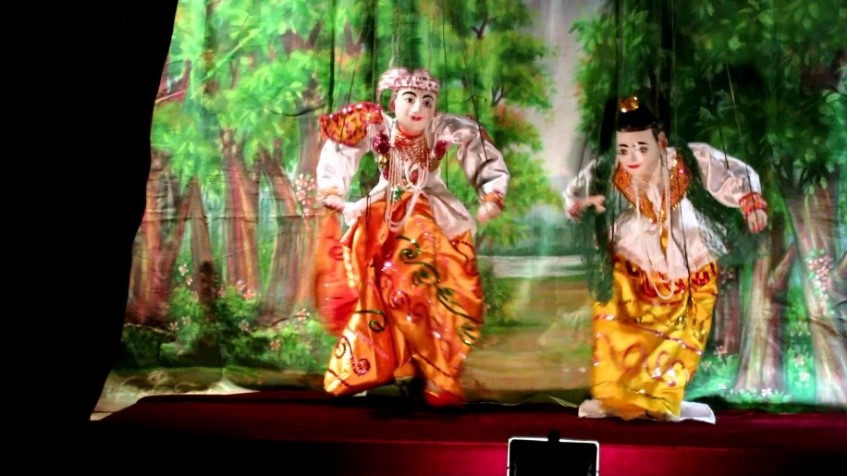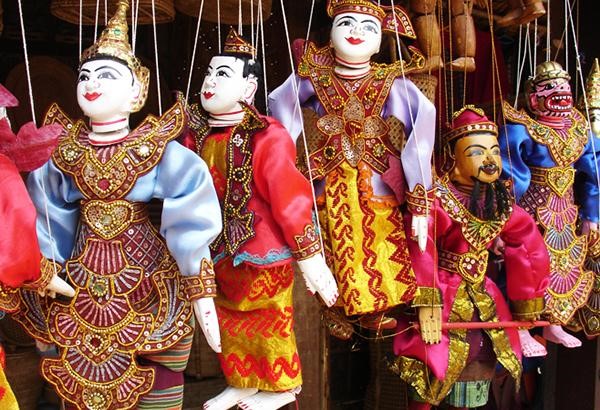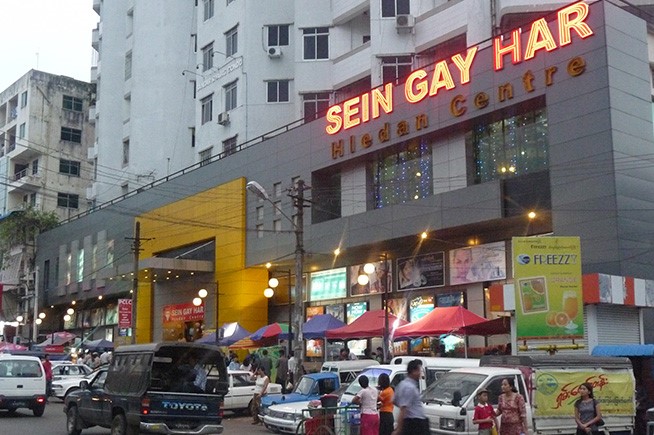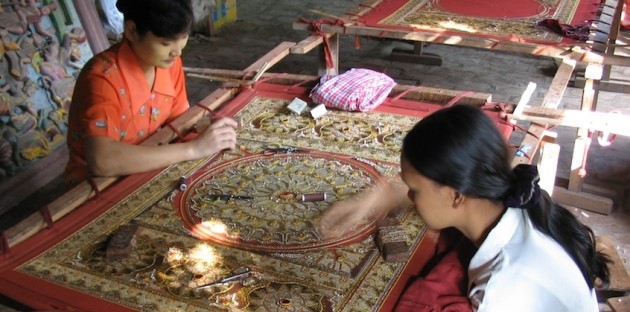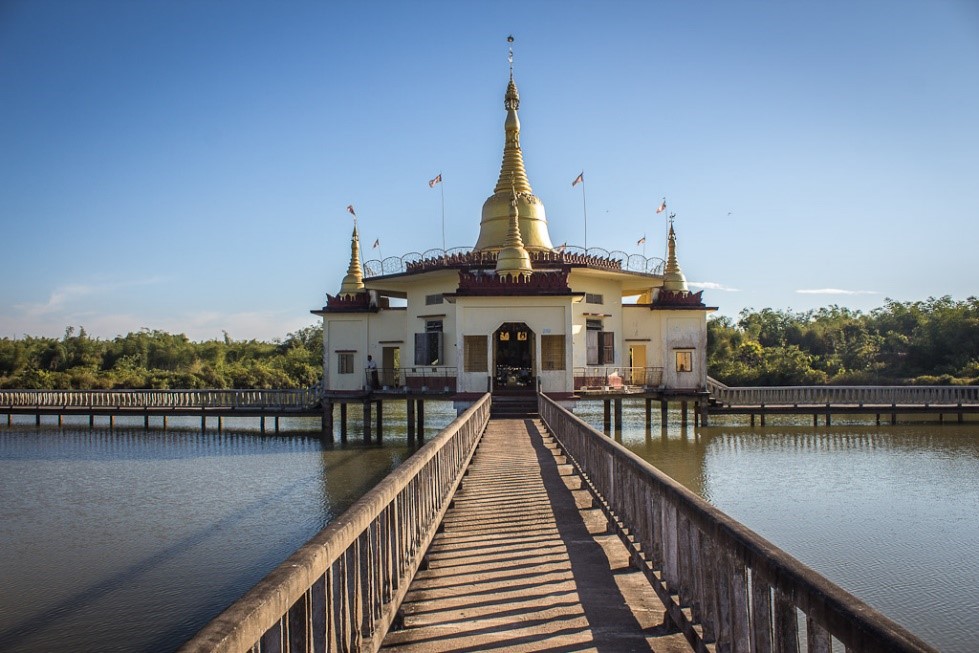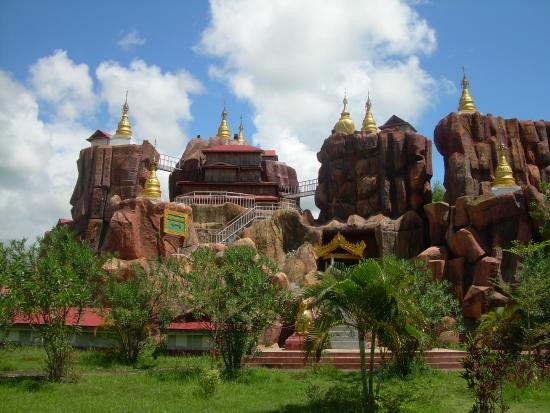10 Ways to Avoid Offending Burmese Culture
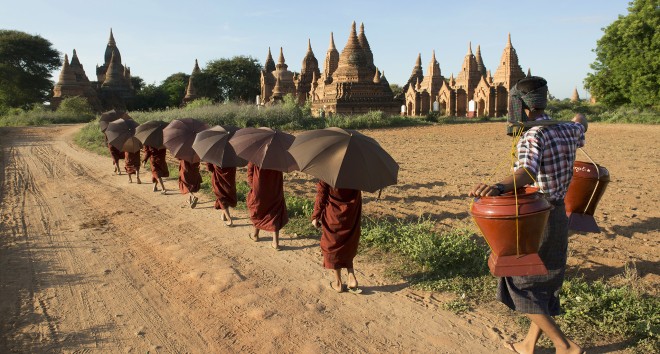
With 135 separate ethnic groups living inside a medium-sized country, it is hard to describe Myanmar in a single word or image. The profusion of languages, dress, and customs make it difficult to distinguish culturally various regions. The notes below will help travelers to avoid offence at the culture when taking a tour to Myanmar.
1. The Name Game
Actually, it exists two ways to call this nation: Myanmar, the official name more commonly used for its profile as well as on international conference; and Burma, the name in the colonial era that many people in the country refer to it until now.
According to history, the word “Burma” is a British adaptation of Bamar race, the dominance of eight major ethnic groups. Some natives don’t like this name as they argue it negatively reminds the colonial time, while many others assume that Myanmar (Republic of the Union of Myanmar) is the title chosen by an authoritative government, excluding the country’s ethnic nations (Mrauk U, Shan, Mon…).
Most other countries accept the latter name. Members of diverse ethnic groups tend to prefer the previous title. Choosing which name to use depends on whom you talk to. Some place names also alter as well, for example, Yangon Myanmar or Rangoon Burma, Pyin Oo Lwin or Maymyo, Mawlamyine or Moulmein…
2. Religious Respect
Buddhism prevails over the country. Besides, a number of ethnic states still practice Christianity and other localized religions. The crimson-hued robes of monks are common in both urban areas and countryside. Irrespective of an individual’s spiritual belief, all religious members are shown respect. Common gestures of homage consist of never pointing your feet at a monk, and giving them the most accessible seats on a bus and train. Specially, women should never touch a monk.
3. Body Language
In Burmese Buddhist’s belief, the head is the holiest part of the human body; down below, feet are considered to be the dirtiest. Therefore, while you’ll be expected to take off your shoes whenever entering a pagoda, dwelling or spiritual space, be careful not to point your feet at anyone. Also, touching someone’s head is an affront.
4. Accept Hospitality
Most of the country’s residents earn for living by farming. They might have little, but they eagerly share with travelers and guests. Buddhists find it rude to eat something in front of others without offering it to them first. On the other side, it’s impolite to refuse a friendly offer or share. In case that you’re worried about eating something because of bacteria, taste or lack of repayment, take a small portion. Even a single bite will ensure sure your host that you appreciate the gesture.
5. Sharing is Caring
Most Burmese meals are served in a same style, with a large bowl of rice set in the middle of the table, vegetable and meat dishes around, plus optional spices. Eaters will put small amounts of foods on his or her plate, then use a utensil or hand to enjoy. Guest will be offered the first bites and the best meats. Notice to leave enough food for the remaining diner and don’t get more than you can finish.
6. Where and When to Wash
The acceptance of clean and unclean body part will rule what you wash, and where. Rinsing your hands after a meal should not carry out under the same tap where you clean your dirty toes.
7. Gender Role
Actually males are freer while women are restricted in some rules. It’s rare to see a woman drink alcohol, especially in public; nevertheless, Western women are exception (in moderation). Only males ride on the top of buses and boats. Numerous Buddhist temples forbid women to get into sacred rooms or areas. For instance, such females are not permitted to approach the Mahamuni Image in Mahamuni pagoda (Mandalay).
8. Hand Gestures
Burmese people pay great attention at all interactions concerning their hands. To correctly introduce yourself, or give and receive an item, place one hand firmly under the elbow of the extended arm. This gesture is taken so seriously, even waiters at a restaurant do it before delivering your plate.
9. Greeting
The Burmese are models of social politeness. When greeting someone, they use the common expression in the Burmese language “Mingalabar!”. Its meaning, in near accuracy, is “Have an auspicious day.” The more solemn phase “Namaste” is reserved for monks and reverent elders.
10. Titles
When you are traveling in Burma (Myanmar), it’s requirement to use titles before personal names to show respect. Anyone regarded as wise and helpful person is able to be called “Teacher X (insert name)”. Due to the history of strict military control, general names carry less admiration than those have an education base. Women of a certain age are often called “Aunt”, and their male counterparts called “Uncle”. If you are unsure how to address someone, it is safe to ask. The Burmese tend to be very understanding of foreigners and will do their best to make you feel at home.
Source: GoAbroad.com
More guide...
Responsible Travel
Being a responsible eco tour operator is at the heart of what ACTIVETRAVEL ASIA is all about. From the start, we have been committed to offering low-impact tours that benefit traveler and host alike. We work with local communities, businesses and individuals to develop sustainable tourism opportunities that help local economies while minimizing negative environmental and cultural impacts.
Asia Travel News


